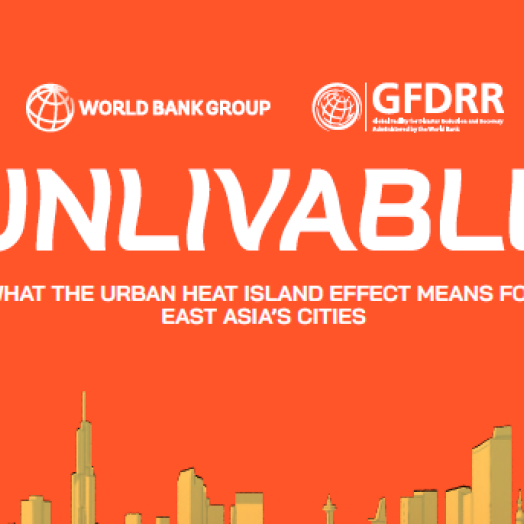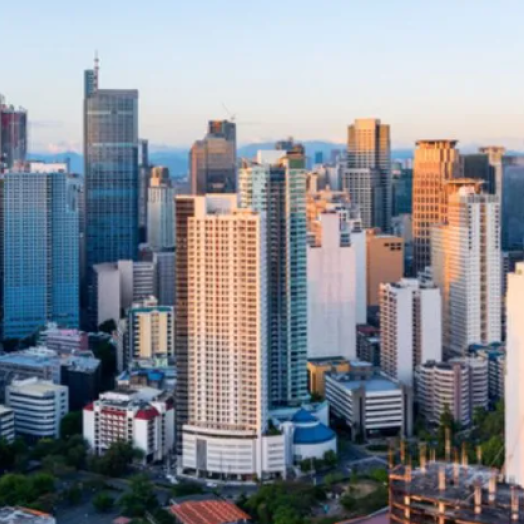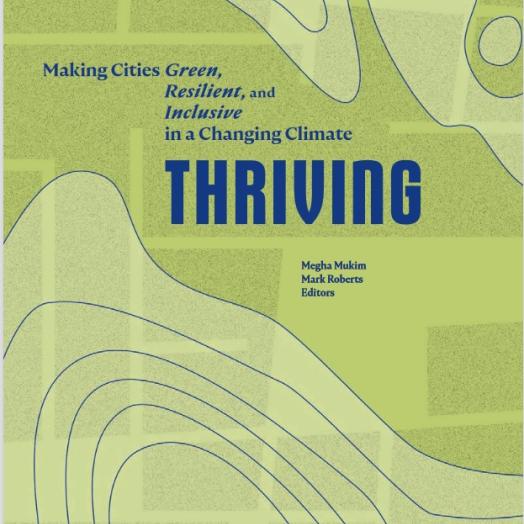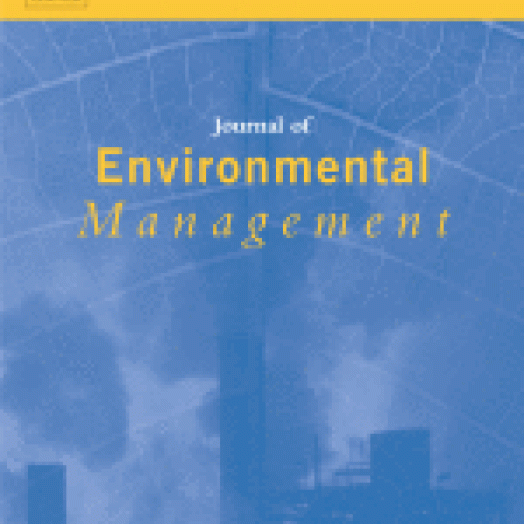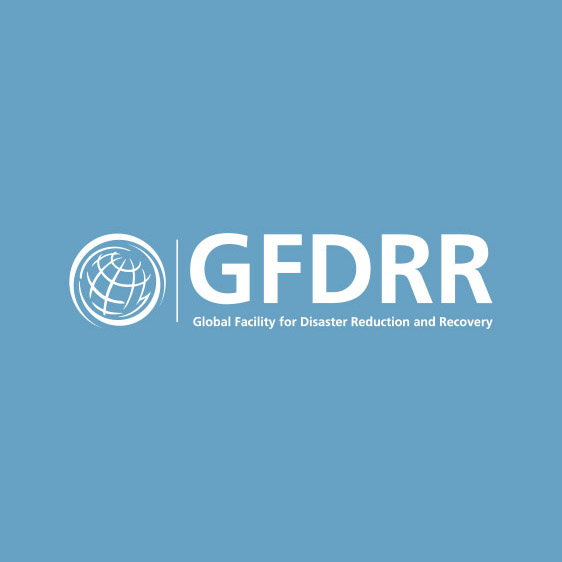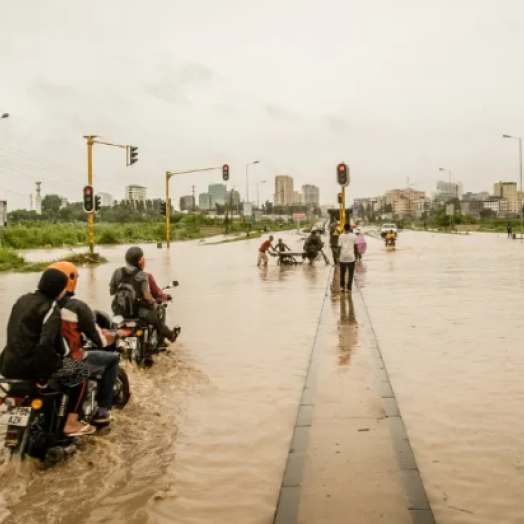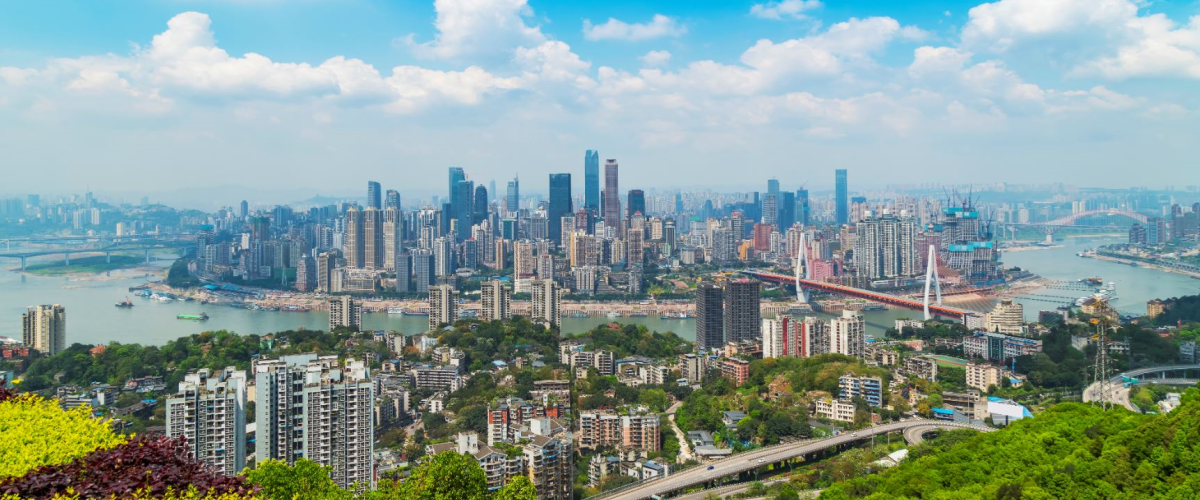Cities are growing rapidly: urban areas are adding 1.4 million people every week, and more than half of the land projected to be urban by 2030 has not yet been developed. As losses associated with natural events continue to increase, the decisions that cities make now about investment, infrastructure, and land use are vital for increasing resilience. By helping cities both avoid losses from disasters, and prevent affected citizens from sliding into poverty, improved urban resilience can safeguard development gains for future generations.
GFDRR's work on resilient cities supports cities in strengthening their ability to better manage ongoing stresses and prepare for, withstand, and recover from acute shocks. We also work with cities to develop tools and knowledge that help decision-makers and municipal leaders determine where to reform policies, and where and how to invest to increase their city’s resilience. Further, we also offer support that cuts across all sectors, taking a broad, inclusive approach to the highly interrelated challenges that cities face.

